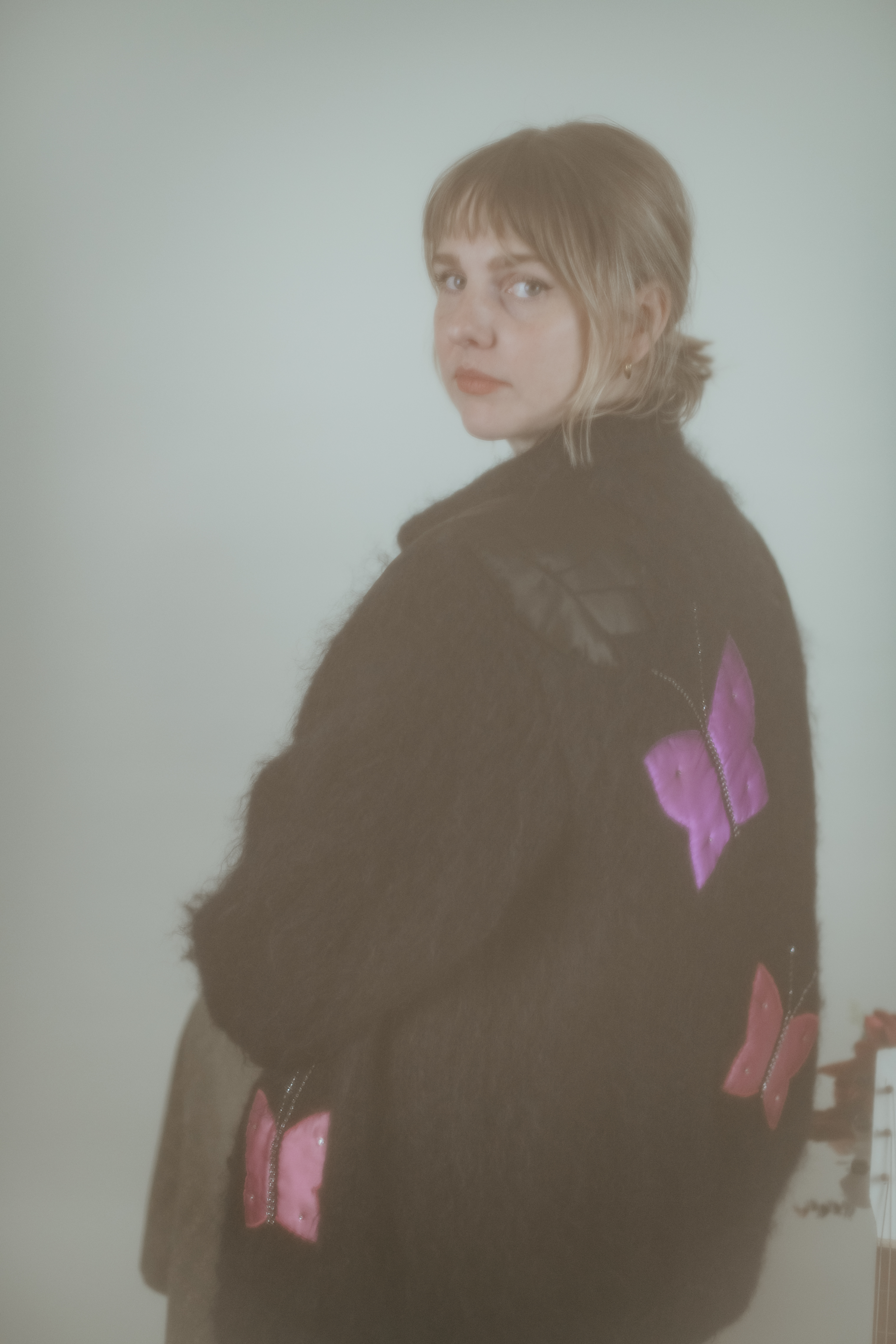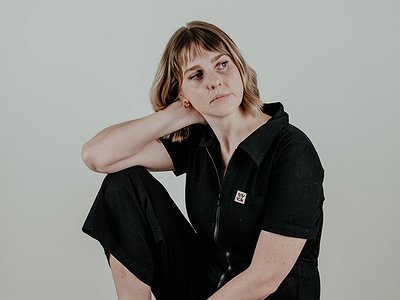Name: Dori Freeman
Occupation: Singer, songwriter
Nationality: American
Current Release: Dori Freeman's new album Do You Recall is out via Blue Hens.
Recommendations: Trespasses by Louise Kennedy; What You Are Getting Wrong About Appalachia by Elizabeth Catte
If you enjoyed this Dori Freeman interview and would like to stay up to date with her music, visit her official homepage. She is also on Instagram.
Where does the impulse to create something come from for you? What role do often-quoted sources of inspiration like dreams, other forms of art, personal relationships, politics etc play?
I’m someone who really likes to observe. I love to watch people, listen to stories, take things from my own personal experiences. Those are my biggest sources of inspiration.
Do you have certain rituals to get you into the right mindset for creating? What role do certain foods or stimulants like coffee, lighting, scents, exercise or reading poetry play?
I read constantly - mostly novels, but memoirs and some nonfiction too. I think that plays a big part in keeping the channels of creativity open.
I like to approach songs almost like short stories so reading is a great source of inspiration.
What do you start with? And, to quote a question by the great Bruce Duffie: When you come up with a musical idea, have you created the idea or have you discovered the idea?
I have a lot of voice notes on my phone of snippets of melodies. If an idea comes to me in the middle of making dinner or driving somewhere I just record it and then sort through them later.
Lyrics typically come second for me, but not always. I’ve had songs that came fully in half an hour and others that I started and didn’t finish until months or years later.
When do the lyrics enter the picture? Where do they come from? Do lyrics need to grow together with the music or can they emerge from a place of their own?
Lyrics usually come for me after I have at least the beginning of a melody.
I feel like the melody of a song guides the direction and theme of the lyrics and then they weave together from there.
What makes lyrics good in your opinion? What are your own ambitions and challenges in this regard?
I like succinct but illustrative lyrics. Creating striking and enduring imagery in a 3 min song is also the challenge because conveying big emotions in such a short amount of time is no small task.
There are many descriptions of the creative state. How would you describe it for you personally? Is there an element of spirituality to what you do?
I think there is definitely an aspect of the unknown or spiritual in music, especially in songwriting.
It often feels like a song has been entrusted for you to write from the ether.
When you're in the studio to record a piece, how important is the actual performance and the moment of performing the song still in an age where so much can be “done and fixed in post?“
I try not to do too much overdubbing in my vocal takes. I prefer to use as much of a single take as possible and just adjust certain lines. If you start to mess with things too much then the feeling of the song gets lost.
It’s less about perfection and more about the feeling you’re trying to get across.
Once a piece is finished, how important is it for you to let it lie and evaluate it later on? How much improvement and refinement do you personally allow until you're satisfied with a piece? What does this process look like in practise?
I definitely have to step away from a song for a little while once it’s finished. My ears get tired and it’s just good to have some distance from the song before I analyze it.
Similarly with vocal takes, I don’t like to do too much tweaking to a song aside from adding the chosen instruments and harmony. I think the less you do the better.
Even recording a solo song is usually a collaborative process. Tell me about the importance of trust between the participants, personal relationships between musicians and engineers and the freedom to perform and try things – rather than gear, technique or “chops” - for creating a great song.
Having people who you trust not only in their musical decisions but also on a personal level is so important.
If there are any tensions they will absolutely affect the music you’re trying to make.
Dori Freeman Interview Image by Kristina Lynn
After finishing a piece or album and releasing something into the world, there can be a sense of emptiness. Can you relate to this – and how do you return to the state of creativity after experiencing it?
Every time I finish an album I have this bittersweet feeling of accomplishment, but also panic that I have used up my creative abilities and will never write a song again.
It takes a few months to recharge before I can start writing again, because making an album is such a vulnerable undertaking.
Music is a language, but like any language, it can lead to misunderstandings. In which way has your own work – or perhaps the work of artists you like or admire - been misunderstood? How do you deal with this?
For better or for worse once you release a song into the world you relinquish control over how the song will be received and interpreted.
I try not to obsess too much over that because songs mean different things to different individuals and that’s the point in some ways.
Creativity can reach many different corners of our lives. Do you personally feel as though writing a piece of music is inherently different from something like making a great cup of coffee? What do you express through music that you couldn't or wouldn't in more 'mundane' tasks?
Creativity is obviously different for everyone, but for me music is a way of processing situations and experiences.
It’s also something I do because it brings me genuine joy to write stories and to sing. It feels like an absolutely necessary part of living.





